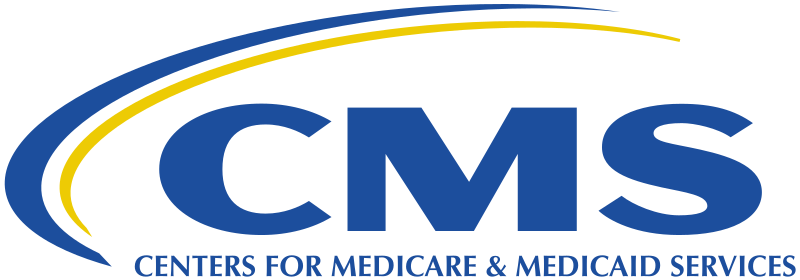The Centers for Medicare & Medicaid Services (CMS) serves the public as a trusted partner and steward, dedicated to advancing health equity, expanding coverage, and improving health outcomes across all its programs to promote high-quality, equitable care, including for rural, tribal, and geographically isolated* communities. To ensure that the Agency’s approach is responsive to the unique needs of these communities, CMS engaged with individuals, organizations, and government entities across the nation who have experience receiving health care or supporting health care service delivery in these communities to help shape the CMS Framework for Advancing Health Care in Rural, Tribal, and Geographically Isolated Communities. The Framework focuses on six priorities over the next five years:
- Priority 1: Apply a Community-Informed Geographic Lens to CMS Programs and Policies
- Priority 2: Increase Collection and Use of Standardized Data to Improve Health Care for Rural, Tribal, and Geographically Isolated Communities
- Priority 3: Strengthen and Support Health Care Professionals in Rural, Tribal, and Geographically Isolated Communities
- Priority 4: Optimize Medical and Communication Technology for Rural, Tribal, and Geographically Isolated Communities
- Priority 5: Expand Access to Comprehensive Health Care Coverage, Benefits, and Services and Supports for Individuals in Rural, Tribal, and Geographically Isolated Communities
- Priority 6: Drive Innovation and Value-Based Care in Rural, Tribal, and Geographically Isolated Communities
The CMS Framework for Advancing Health Care in Rural, Tribal, and Geographically Isolated Communities updates and builds upon the CMS Rural Health Strategy, released in 2018, to reflect changes in the health care landscape since its development. In alignment with the CMS Framework for Health Equity 2022—2032, this Framework supports CMS’ overall efforts to advance health equity, expand access to quality, affordable health coverage, and improve health outcomes. CMS’ approach to operationalizing this Framework over the next five years will be informed by ongoing public engagement as appropriate, and CMS will continue to monitor trends in health and health care that uniquely impact rural, tribal, and geographically isolated areas. Through the adoption and implementation of the CMS Framework for Advancing Health Care in Rural, Tribal, and Geographically Isolated Communities, CMS will continue to work to promote policies and programs that help make high-quality health care in these communities available and affordable.

